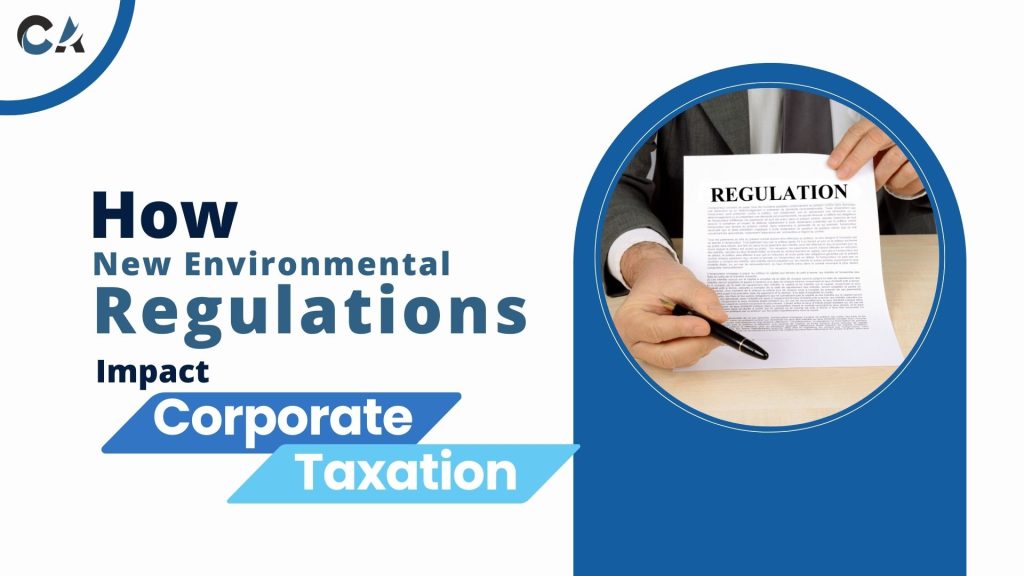How New Environmental Regulations Impact Corporate Taxation
With the increasing focus on sustainability and environmental protection, new regulations are being introduced worldwide. These changes significantly impact corporate taxation, affecting how businesses operate and manage their finances. This blog explores the implications of new environmental regulations on corporate taxation and offers practical advice for compliance.
Understanding New Environmental Regulations
Environmental regulations aim to reduce the ecological footprint of businesses. These rules often require companies to adopt greener practices and report their environmental impact. Key areas affected by these regulations include:
- Carbon Emissions: Companies must monitor and reduce their carbon emissions.
- Waste Management: Proper disposal and recycling of waste materials are mandated.
- Energy Use: Businesses are encouraged to use renewable energy sources.
Impact on Corporate Taxation
New environmental regulations can have several implications for corporate taxation, including:
- Tax Incentives: Governments may offer tax breaks or credits to companies that comply with environmental regulations.
- Increased Costs: Compliance with new regulations may lead to higher operational costs, which can affect taxable income.
- Penalties: Non-compliance can result in fines and penalties, which also impact corporate taxes.
Tax Incentives for Compliance
To encourage businesses to adopt sustainable practices, many governments provide tax incentives. These can include:
- Tax Credits: Credits for investments in renewable energy and energy-efficient technologies.
- Deductions: Deductions for expenses related to environmental compliance and sustainability initiatives.
- Grants: Financial grants to support green projects and research.
Managing Increased Costs
Complying with new environmental regulations often involves significant expenses. Companies can manage these costs by:
- Budgeting: Allocate funds specifically for environmental compliance.
- Efficient Practices: Adopt cost-effective and sustainable business practices.
- Consulting Experts: Hire environmental and tax consultants to optimize compliance strategies.
Avoiding Penalties
Non-compliance with environmental regulations can lead to severe penalties. To avoid these, businesses should:
- Stay Informed: Keep up-to-date with the latest regulations and requirements.
- Regular Audits: Conduct regular internal audits to ensure compliance.
- Employee Training: Train employees on environmental best practices and compliance procedures.
For more insights on how new environmental regulations impact corporate taxation and practical advice on compliance, contact us at +91 911 891 1172.


